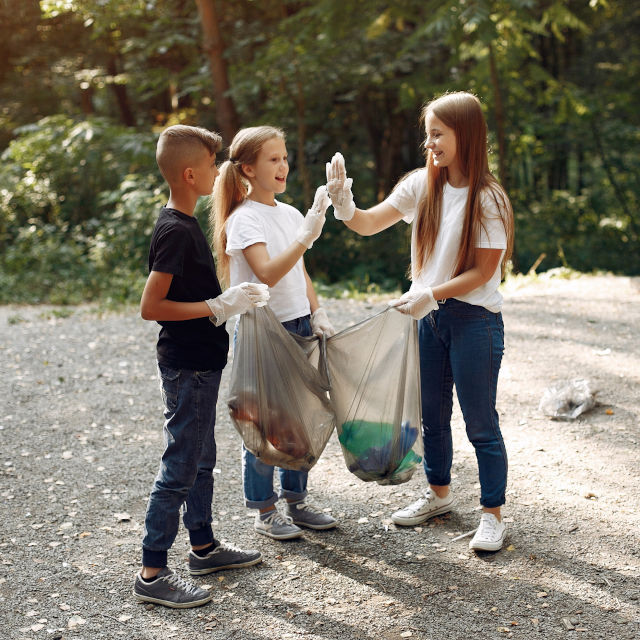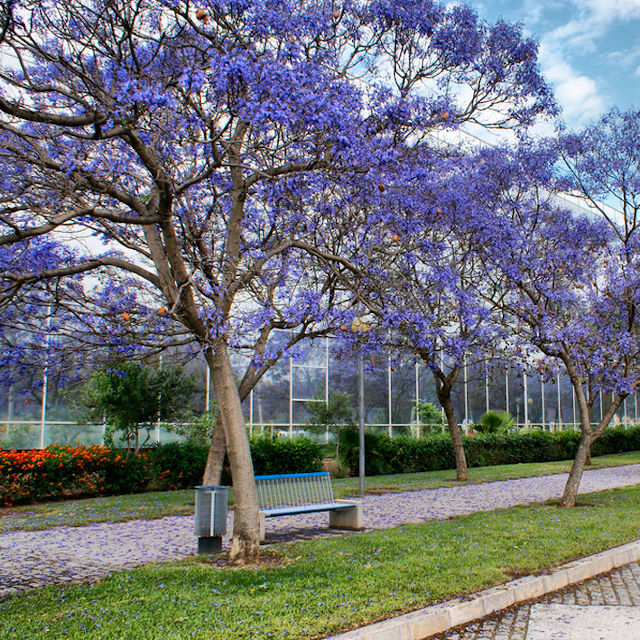Blog
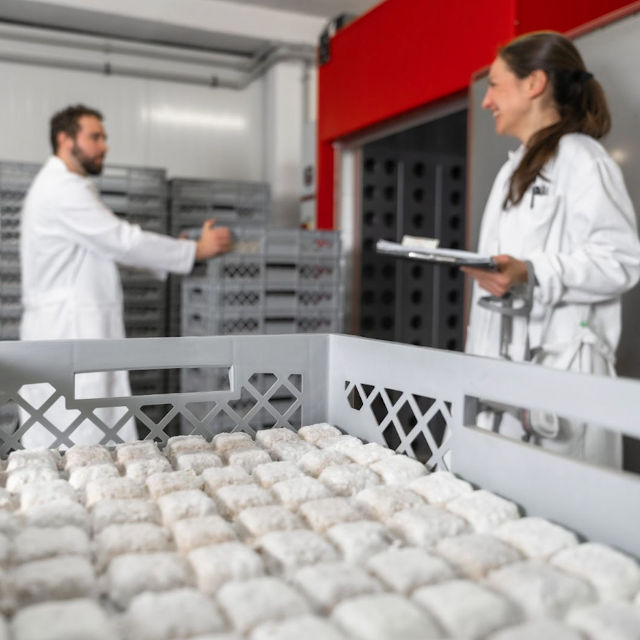
Explore the innovative eco friendly packaging innovations shaping sustainability.
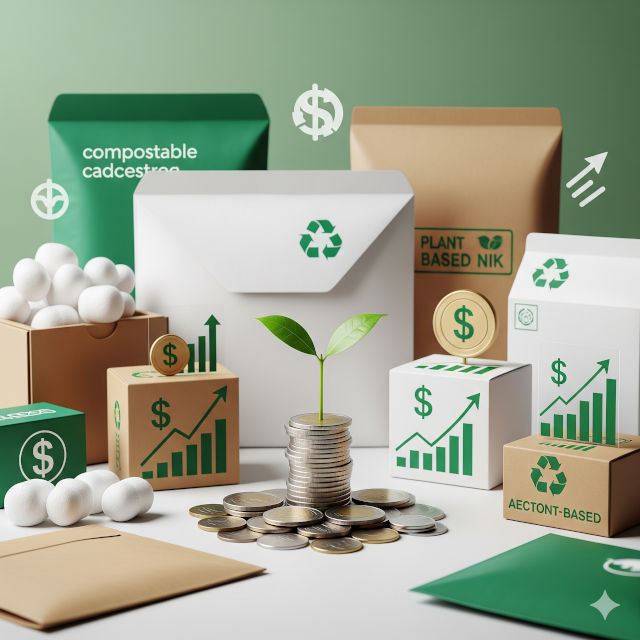
Eco-packaging for business is transforming sustainability into profitability.
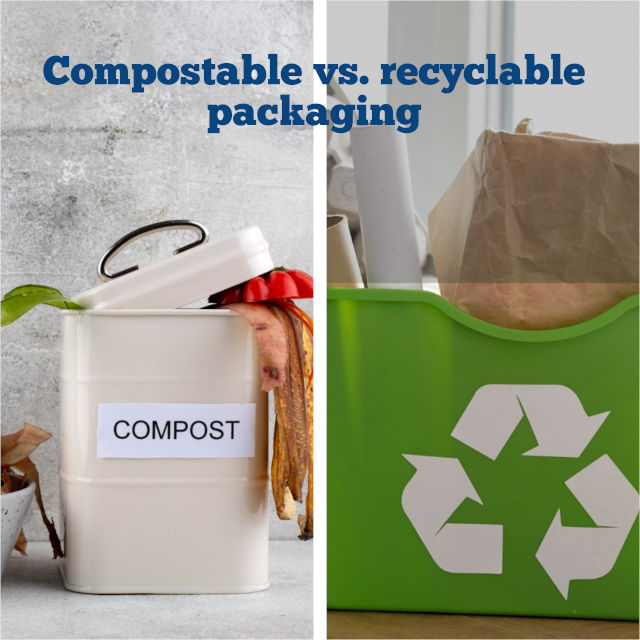
Discover the key differences between compostable packaging and recyclable solutions.
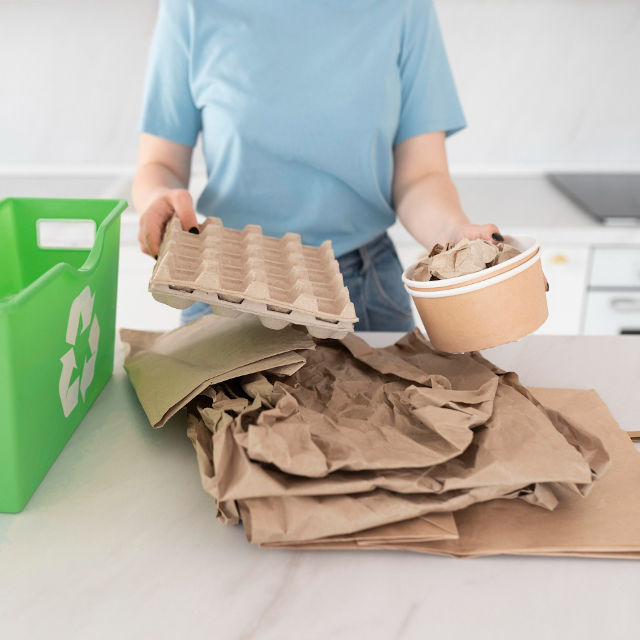
Discover why 2025 is pivotal for eco-friendly packaging solutions and how future of packaging solutions is creating right now.
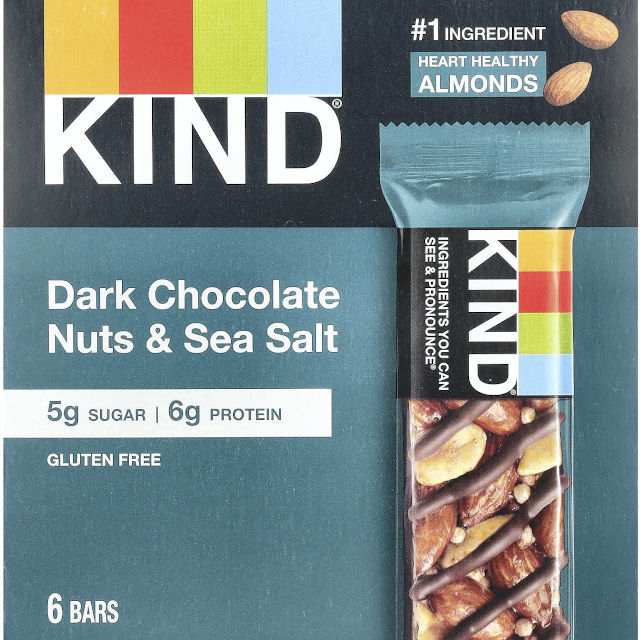
Kind's recyclable paper wrapper revolutionises eco-friendly snack packaging.
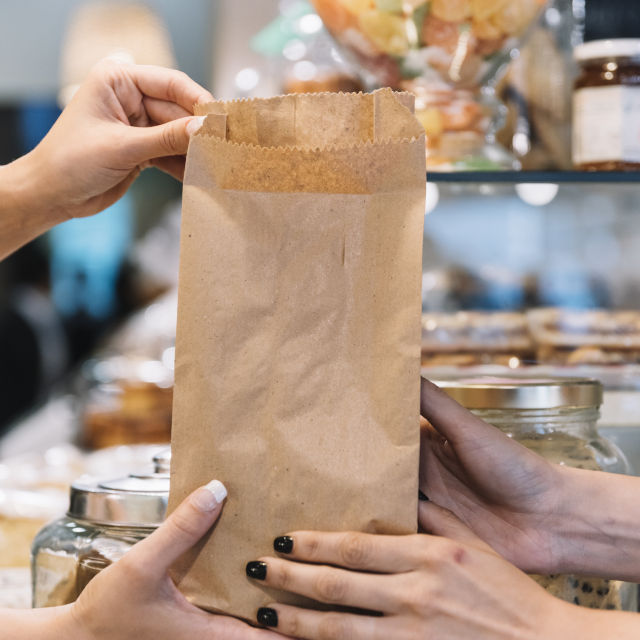
Discover the benefits of Kraft packaging for eco-friendly food and cutlery solutions.
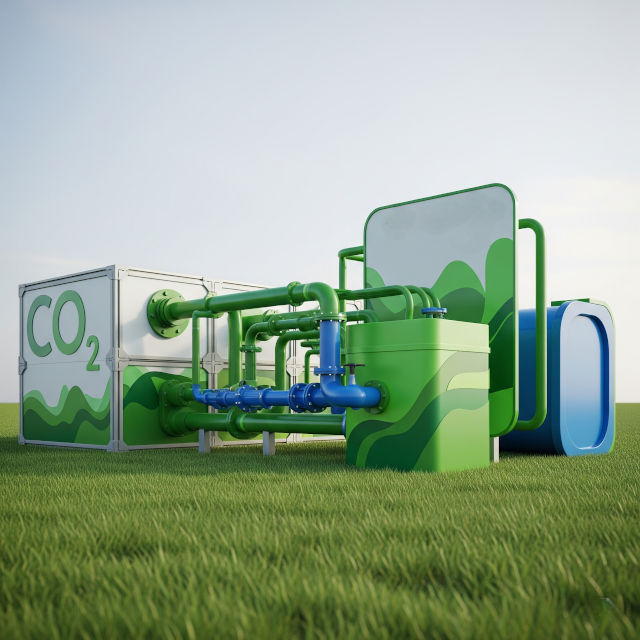
The Rise of Affordable Direct Air Capture (DAC) is revolutionising CO₂ capture: How It Works and Why It Matters.
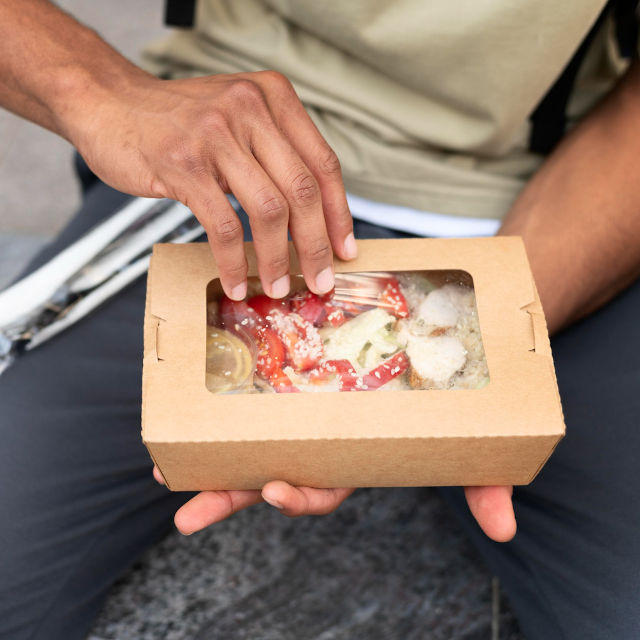
Explore the diverse world of catering packaging and its sustainable evolution.

Discover if paper cups are a truly eco-friendly or a hidden environmental issue.
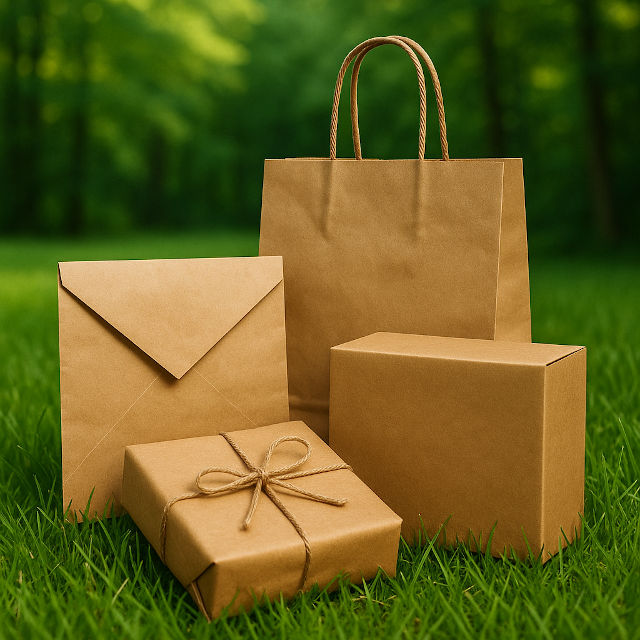
Discover the enduring appeal of kraft paper packaging and its benefits.
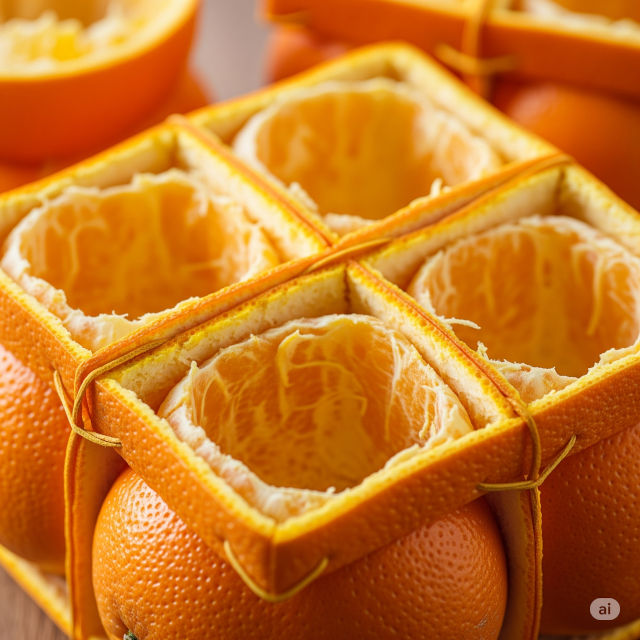
Explore the innovative world of orange peel packaging.
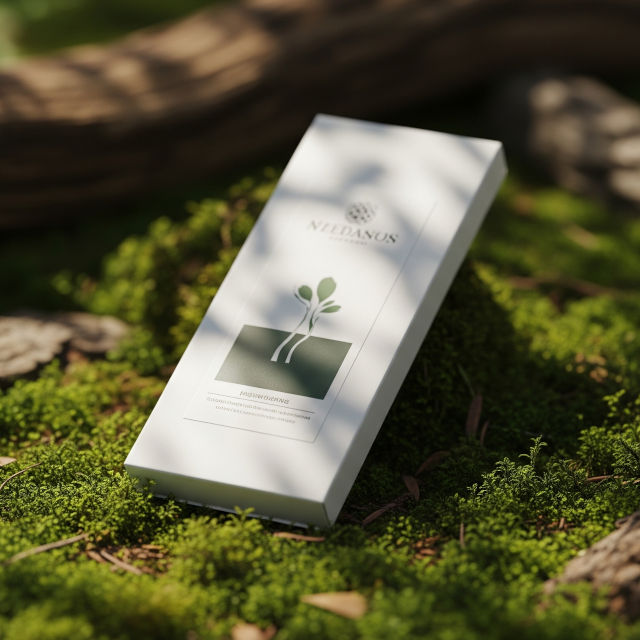
Explore paper-based innovation barriers as an eco-friendly alternative to plastic coatings in packaging.
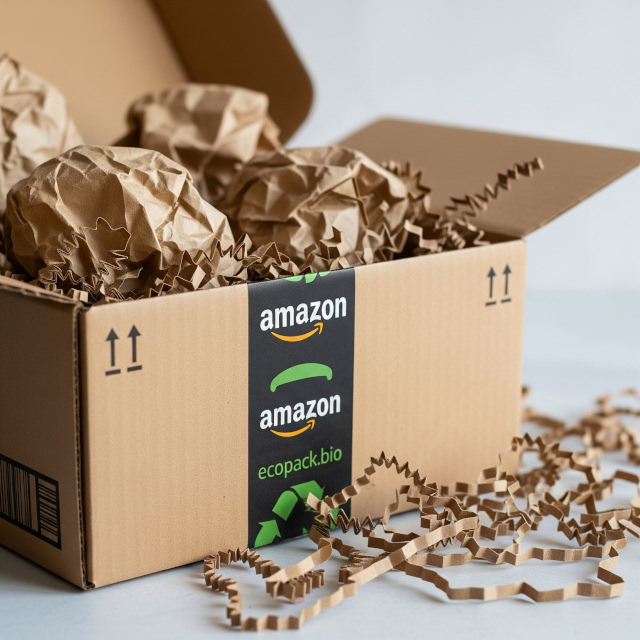
Amazon has announced a major packaging shift in North America — replacing 95 % of plastic air pillows with 100 % recycled paper filler, aiming to eliminate nearly 15 billion plastic cushions annually by year’s end.
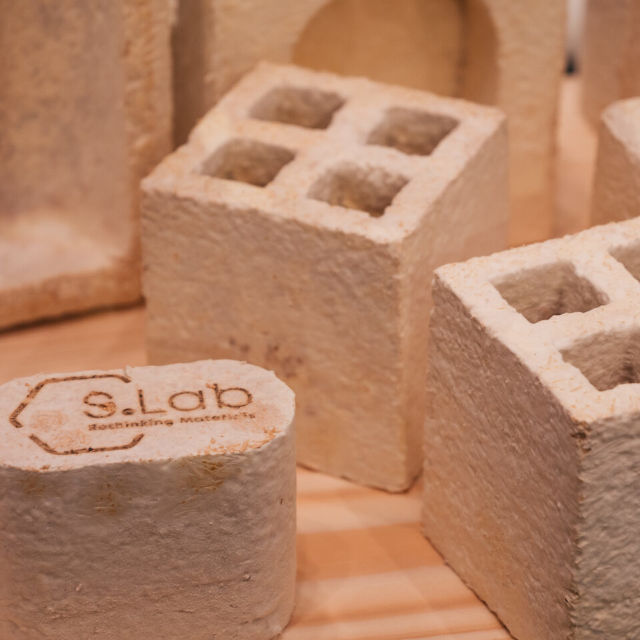
Exploring mycelium packaging as a sustainable future for businesses.
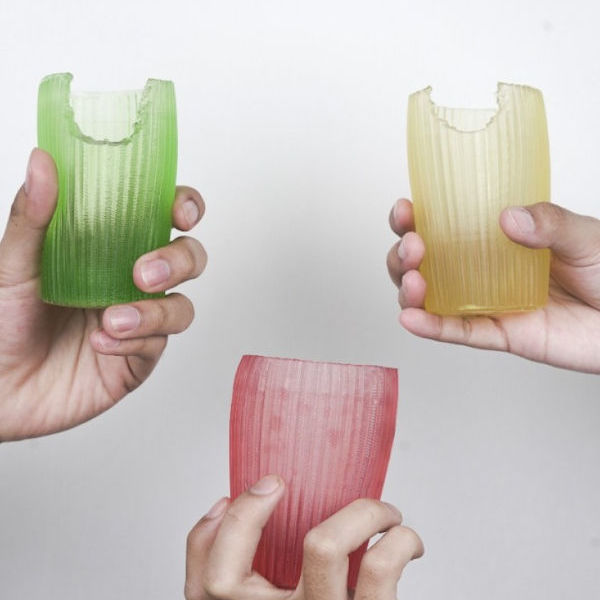
In the ongoing pursuit of sustainable solutions, edible packaging emerges as a groundbreaking innovation.
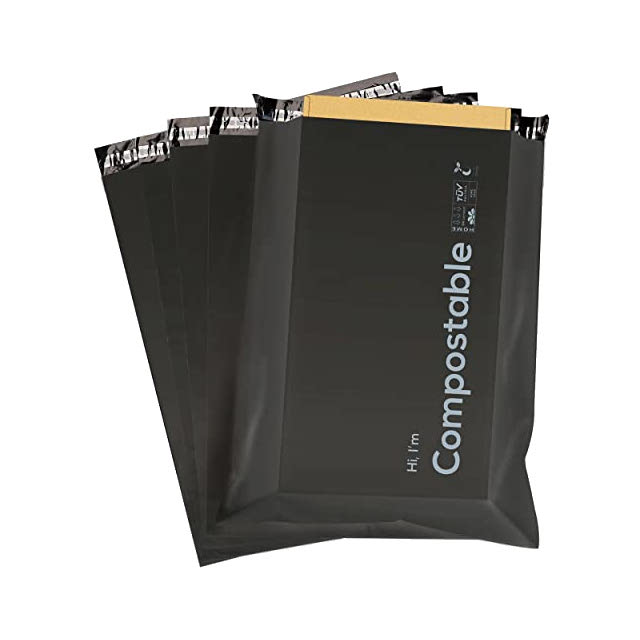
As the world shifts away from plastic and seeks sustainable alternatives, a surprising solution is taking root — quite literally — in the fields.
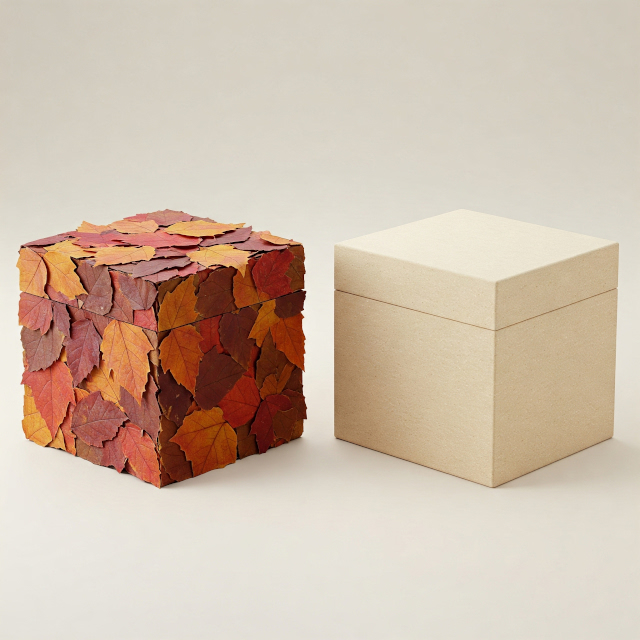
From Trees to Trash — or to Treasure? Comparing Cellulose Packaging vs. Fallen Leaf Packaging
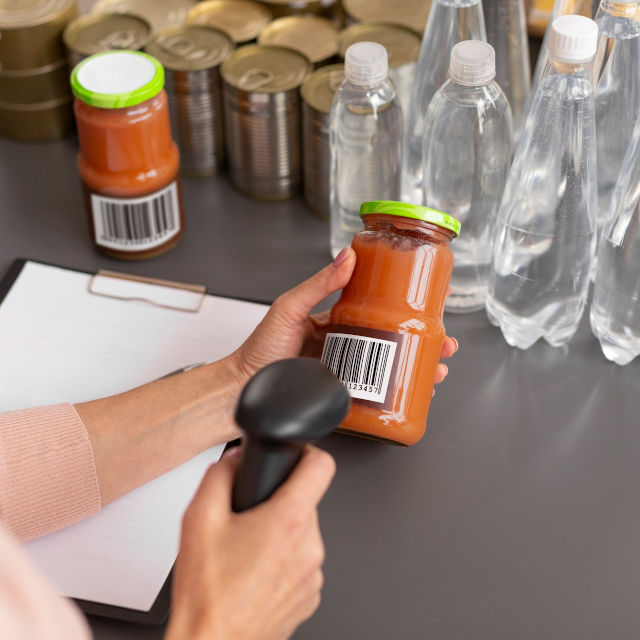
In the world of sustainable packaging, innovation goes beyond compostable materials and plastic alternatives.
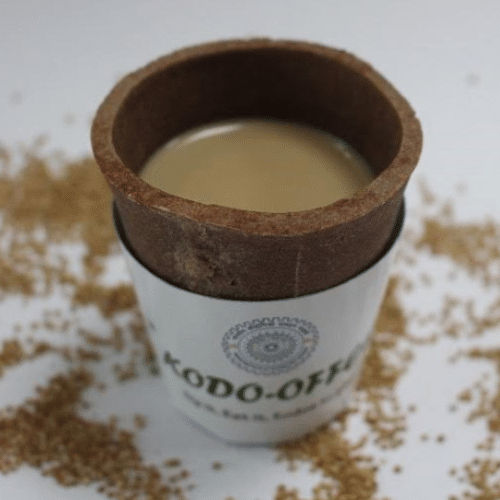
In recent years, the global packaging industry has faced growing pressure to move away from single-use plastics and adopt more sustainable solutions.
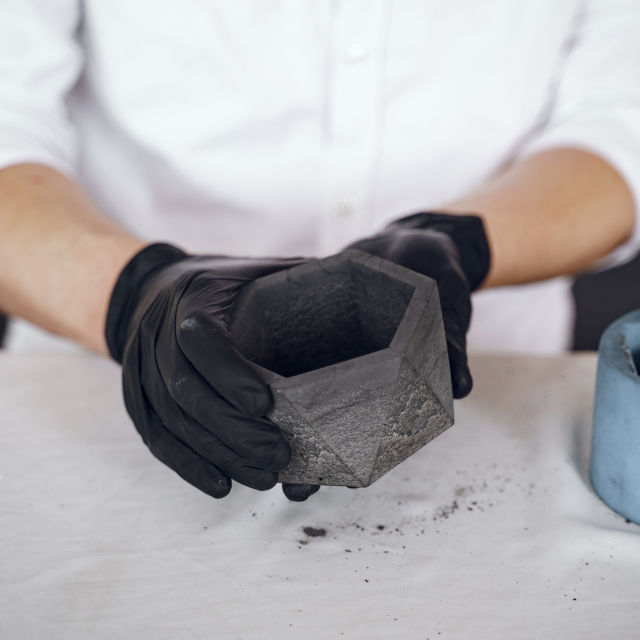
Concrete is one of the most widely used building materials in the world, but its production is also one of the biggest contributors to CO₂ emissions.
